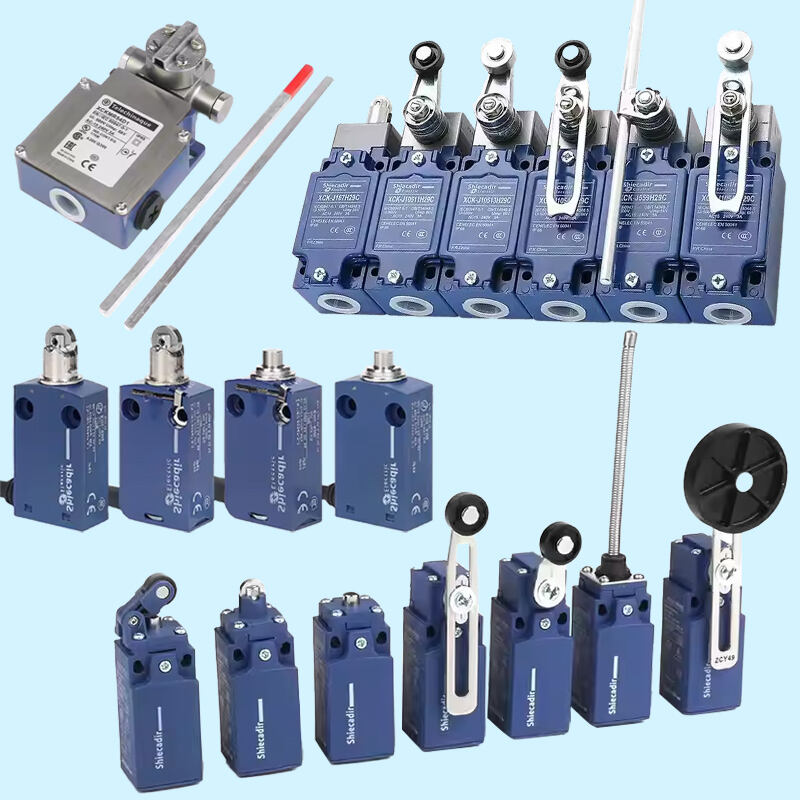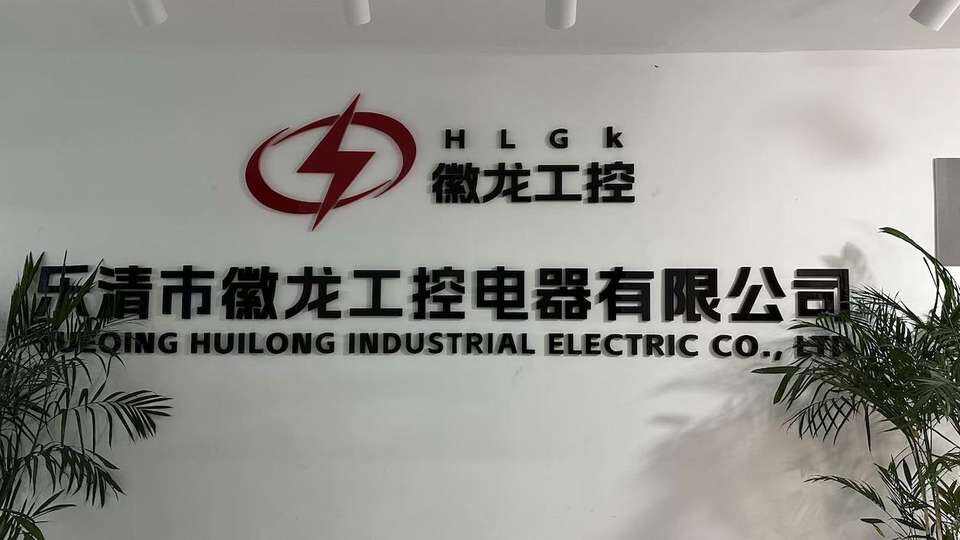In today's fast-paced industrial environment, the need for precise monitoring and control of processes has never been more critical. Industrial sensors play a vital role in gathering data that helps businesses optimize their operations, enhance safety, and improve product quality. This blog explores the various types of industrial sensors, their applications, and the benefits they provide to industries worldwide.
Understanding Industrial Sensors
Industrial sensors are devices that detect and measure physical properties such as temperature, pressure, humidity, and flow rates. They convert these measurements into signals that can be analyzed and acted upon. The most common types of industrial sensors include temperature sensors, pressure sensors, flow sensors, and level sensors. Each type serves specific functions and is essential for maintaining operational efficiency.
Applications of Industrial Sensors
Industrial sensors find applications across various sectors, including manufacturing, oil and gas, pharmaceuticals, and food processing. In manufacturing, sensors are used to monitor machine performance and ensure quality control during production. In the oil and gas industry, pressure and temperature sensors are crucial for safe drilling operations. Similarly, in the pharmaceutical sector, sensors help in maintaining stringent environmental conditions required for drug production.
Benefits of Using Industrial Sensors
The integration of industrial sensors into processes offers numerous benefits. Firstly, they enhance operational efficiency by providing real-time data that enables quick decision-making. Secondly, they improve safety by monitoring hazardous conditions and alerting operators to potential risks. Thirdly, sensors contribute to cost savings by minimizing downtime and reducing waste through better resource management. Ultimately, the adoption of industrial sensors leads to higher product quality and customer satisfaction.
Future Trends in Industrial Sensors
The industrial sensor market is evolving rapidly, driven by advancements in technology and the growing demand for automation. One notable trend is the rise of smart sensors that leverage IoT (Internet of Things) technology. These sensors can transmit data wirelessly, allowing for remote monitoring and control. Additionally, the integration of artificial intelligence (AI) is enhancing the predictive capabilities of sensors, enabling proactive maintenance and reducing unplanned outages.
Conclusion
As industries continue to embrace digital transformation, the role of industrial sensors will become increasingly significant. Companies that leverage these technologies will not only gain a competitive edge but also ensure sustainability and operational excellence. By understanding the various types of sensors and their applications, businesses can make informed decisions that drive efficiency and innovation in their processes.







